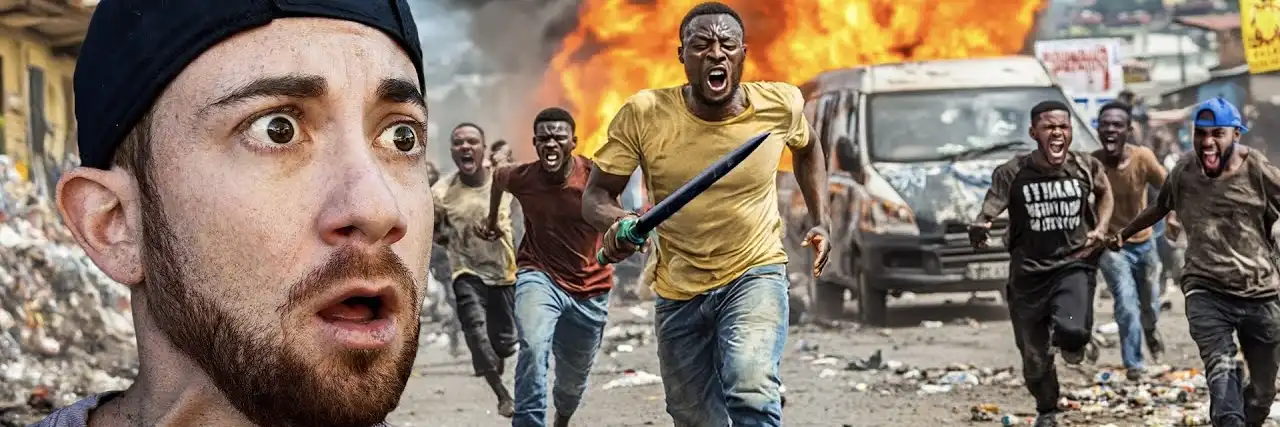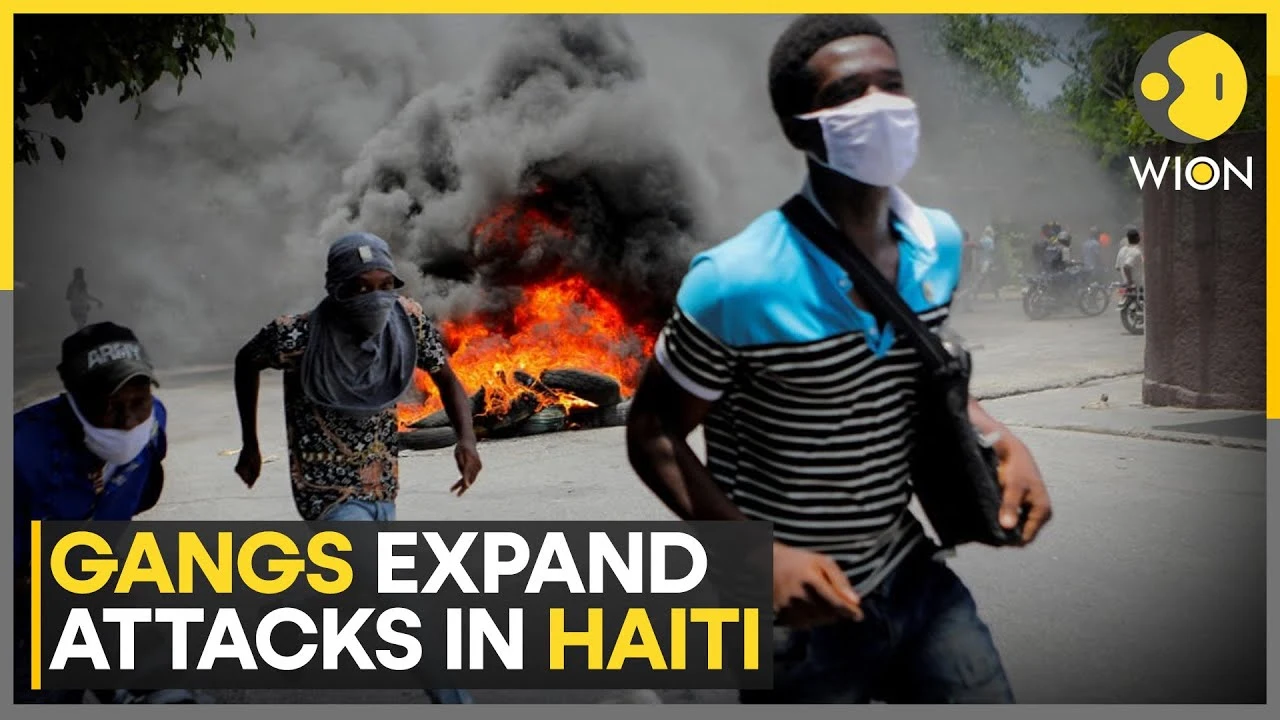
PORT-AU-PRINCE, HAITI — In what many now call a slow-motion state collapse, the nation of Haiti is being overtaken by organized criminal groups with a level of power and impunity that the United Nations warns is approaching "near-total control."

According to senior UN officials, an estimated 90 per cent of the capital city, Port-au-Prince, is now under the control of gangs, who not only dominate the streets but are expanding their influence into once-stable regions. Ghada Fathy Waly of the UN Office on Drugs and Crime stated that gang attacks have now spread into southern and eastern Haiti, with even key border crossings like Belladere and Malpasse under siege.
The warnings come only a week after the U.S. Department of Homeland Security issued a stunningly contradictory declaration that Haiti was "safe" enough for the return of Haitian nationals. This bureaucratic claim clashes directly with the lived reality on the ground: famine-like conditions, indiscriminate killings, the recruitment of children, and widespread sexual violence.
A Parallel State, Fueled by Fear
The UN report describes a nation where criminal organizations are not merely extorting or attacking the population—they are replacing the state itself. Gangs now manage major trade routes, distribute essential goods, and enforce their own brutal order. Prices for staples like cooking fuel and rice have soared. The public, abandoned by any semblance of government, survives under what UN officials call "parallel governance structures."
Bob Rae, Canada's ambassador to the UN and president of the UN Economic and Social Council, captured the scope of the devastation succinctly: "The Haitian population is being exploited, raped, kidnapped and recruited by armed gangs. They are malnourished and facing famine conditions."
UN Assistant Secretary General Miroslav Jenca reinforced that the collapse is not theoretical. "Without increased action by the international community, the total collapse of state presence in the capital could become a very real scenario."
Already, more than 1.3 million people have been displaced, according to the UN's International Organization for Migration.
A Weak Response to a Worsening Crisis
A UN-backed multinational security mission, led by Kenya, arrived last year to stabilize the country. But the deployment remains underfunded, undermanned, and ill-equipped. Only 40 per cent of the envisioned 2,500 personnel are in place. Despite proposals from UN Secretary-General Antonio Guterres to provide non-lethal support, drones, and transport infrastructure, international response has languished.
Into this vacuum, vigilante groups and private security forces have surged. Some act with noble intent, protecting neighborhoods where police and the military cannot. Others, however, are unregulated, collaborating with gangs or taking justice into their own hands. In the last three months alone, these groups have reportedly killed over 100 individuals suspected of gang involvement.
The violence is gendered and grotesque. In just two months, March and April, the UN documented 364 incidents of sexual violence with 378 survivors, highlighting the scale of brutality inflicted primarily on women and girls.
An Uncertain Future, an Unacceptable Present
Haiti has not held a presidential election since 2016. The assassination of President Jovenel Moïse in July 2021 decapitated the fragile leadership structure that remained. A transitional council now governs in name only, aiming for elections in 2026—a goal that feels increasingly far-fetched.
The national police force is broken, with ongoing leadership turmoil and multiple reports of extrajudicial killings. According to UN experts, 281 suspected gang members, including 22 women and 8 children, were summarily executed by specialized police units in 2024 alone.
An arms embargo has failed to choke off the violence. Gangs continue to procure weapons through both illicit civilian markets and corrupt police stockpiles, even crossing into the Dominican Republic for supplies.
Canada and the Weight of Witness
Canada has a deep Haitian diaspora, and for many Haitians living in cities like Montreal and Toronto, the pain is not distant. It's family. It's home. It's a nightmare they can see but feel powerless to stop.
As a country that prides itself on human rights and peacekeeping, Canada’s diplomatic voice, led by Bob Rae, has been strong. But words alone are no longer enough.
Conclusion: The Quiet Death of a Nation
Haiti is not a future crisis. It is a present collapse.
But it suffers from a modern affliction: if it’s not trending, it isn’t happening. The world has moved on. The newsfeeds are quiet. And so, in the shadows, a nation is being devoured.
The question is no longer whether Haiti needs help. It does. The question is whether the world will look away until there’s nothing left to see.